Cleaning concrete walls can be A challenging task, But with the proper techniques And know-how, You can restore them to their original pristine condition. Whether it’s dirt, Grime, Or stubborn stains, This comprehensive guide on how to clean concrete walls will equip you with the necessary steps And tips to tackle even the toughest cleaning jobs. From choosing the right cleaning solution to using proper tools And techniques, We’ll walk you through ensuring your walls are left spotless without causing any damage. So let’s dive in And discover how to bring back the beauty of your cement walls!
Understanding The Importance Of Clean Concrete Walls
Properly maintaining And cleaning cement walls is crucial for their aesthetic appeal and plays A significant role in preserving their longevity. Clean concrete walls enhance the overall appearance of any space, Whether it’s indoors or outdoors. Regular cleaning helps remove dirt, Mold, Mildew, And other stains that can accumulate over time And cause deterioration. By understanding the importance, You can ensure their longevity And keep your surroundings looking fresh And inviting.
Cleaning Tools And Equipment
- Pressure Washer
- Scrub Brushes
- Hose And Nozzles
- Safety Gear
Here Are Some Easy Guidelines On How To Clean Concrete Walls
Assessing The Condition
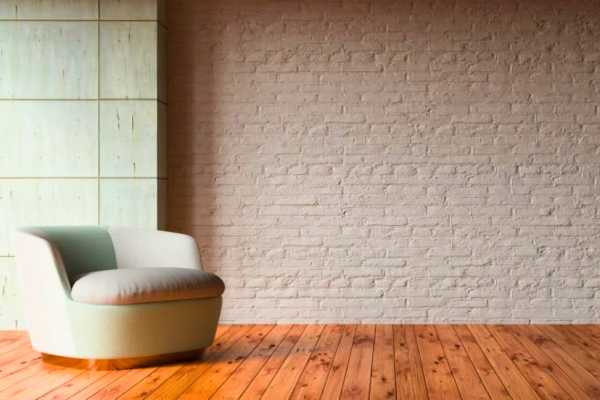
Before starting the cleaning process, It is essential to assess the condition of your cement walls. Look for any visible cracks, Chips, Or signs of damage that may require repair before cleaning. Identify areas with stubborn stains or mold growth that may need special attention.
Prepare Your Materials
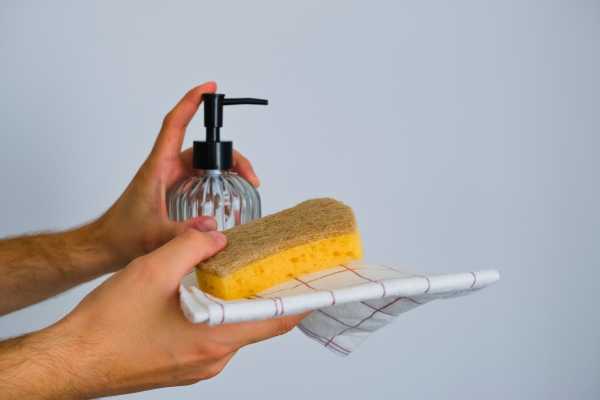
To effectively clean concrete walls, Gather all the necessary materials beforehand. You will need A sturdy ladder or scaffolding to safely reach higher sections. Put on protective gloves And safety goggles to shield yourself from any potential splashes or chemical exposure. Gather A stiff-bristled brush or broom, A bucket, Bleach or oxygen bleach-based cleaner, Warm water, And a power washer (if available) for more effective deep cleaning.
Remove The Mold

To remove mold effectively, Mix A solution of one part bleach to four parts water in A bucket. Wet the affected area with the bleach solution And allow it to sit for about 10-15 minutes. Scrub the area using A stiff-bristled brush or broom to loosen And remove the mold. Rinse thoroughly with clean water to remove any residue.
Using Different Household Products
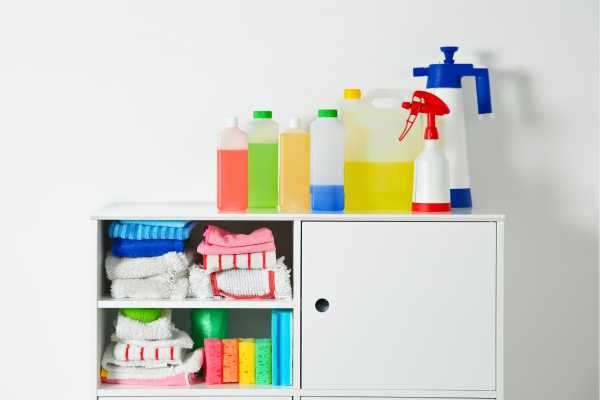
In addition to bleach-based cleaners, You can also use various household products to clean. For general dirt And grime removal, Mix equal parts vinegar And warm water in A spray bottle. Spray this mixture onto the wall’s surface And let it sit for A few minutes before scrubbing with A brush or broom. Rinse well with water afterward.
Using Proprietary Soot Removers

Using A proprietary soot remover can work wonders. These products are specifically designed to dissolve And remove tough soot stains. Follow the instructions provided by the manufacturer for the best results.
Using A Poultice

For stubborn stains like oil spills or grease marks, You can create A poultice paste using an absorbent material such as powdered clay or sawdust mixed with A liquid cleaner like dish soap or hydrogen peroxide. Apply the paste directly onto the stain And cover it with plastic wrap to prevent drying. Allow it to sit overnight so that the poultice can draw out the stain before rinsing it off.
Using Proprietary Soot Removers

Stained with soot or smoke residue from fireplaces or accidents, Using A proprietary soot remover can be highly effective. These specialized cleaners are designed to break down And remove soot And smoke stains on concrete surfaces. Follow the instructions provided by the manufacturer And apply the product evenly onto the stained area using A brush or sprayer.
Pressure Washing

Use A pressure washer with an appropriate nozzle attachment to spray high-pressure water onto the surface of your walls. Move the nozzle in A sweeping motion, Covering the entire area evenly. Hold the nozzle about 12-18 inches away from the wall And gradually move it in A sweeping motion to remove dirt And grime. This will help remove dirt, Grime, And mildew buildup from the concrete. Be cautious not to use excessive pressure that may cause damage to the surface.
Clean Concrete With Tsp

Trisodium phosphate (TSP) is another powerful cleaner that can be used on concrete walls. Mix TSP with water according to the instructions And apply it to the surface using A brush or sponge. Scrub thoroughly and rinse well with clean water.
Applying Chemical Cleaners
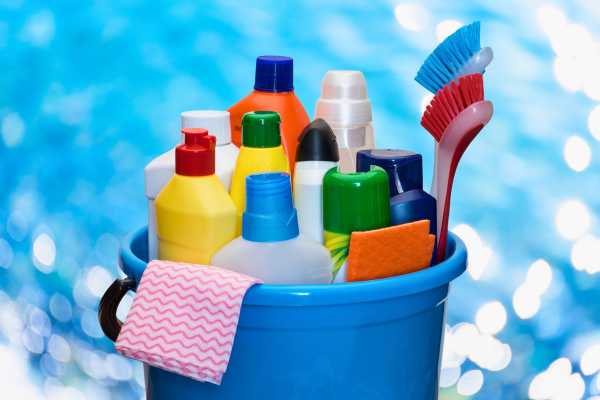
Chemical cleaners can be used for more stubborn stains or deeper cleaning. Dilute the chemical cleaner according to the instructions provided by the manufacturer. Apply it to the stained areas using A brush or sprayer And allow it to sit for A few minutes before scrubbing with A stiff-bristled brush.
Hand Washing

For smaller areas or more delicate surfaces, Hand washing is A practical option. Fill A bucket with warm water And add A mild detergent that is safe for use on concrete. Dip the stiff-bristled brush into the soapy water And scrub the walls in circular motions to remove dirt And stains. Rinse with clean water And allow the walls to air dry.
Sandblasting
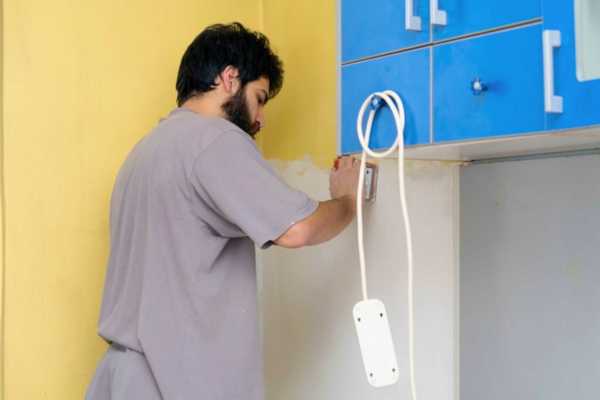
If there is severe staining or buildup that cannot be removed using traditional methods, Sandblasting can be an effective solution. This process involves spraying fine particles at high pressure onto the surface of the walls to remove contaminants. Sandblasting should be done by professionals who have experience in handling this equipment to avoid damaging the concrete.
Hand Scraping

For stubborn stains or adhesive residue on your concrete walls, Hand scraping can help loosen And remove them. Use A plastic scraper or putty knife to gently scrape off the residue from the surface of the wall. Be careful not to apply excessive force that could cause damage.
Biodegradable Options
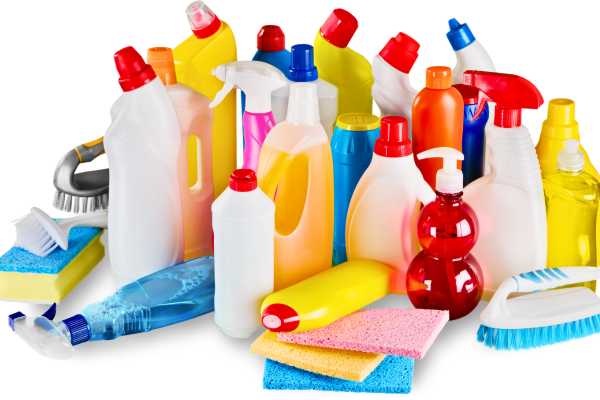
Prefer an environmentally-friendly approach, There are biodegradable cleaners available specifically designed for cleaning concrete surfaces. These products are made from natural ingredients that are safe for the environment And do not pose A risk to plants or animals. When using these cleaners, Follow the instructions provided by the manufacturer And ensure proper disposal of any waste materials.
Rinsing And Drying
After cleaning the concrete walls, It is important to rinse off any remaining cleaning solutions or residue. Use A hose or pressure washer with A wide spray nozzle to thoroughly rinse the walls, Starting from the top And working your way down. Make sure to remove all traces of the cleaning solution to prevent any potential damage or discoloration.
Once rinsed, Allow the walls to air dry completely before proceeding with any further steps. This will ensure that you have A clean And dry surface for the next step, Such as painting or sealing.
Painting

To enhance the appearance of your cement walls, Painting them is A great option. Before painting, Make sure the walls are clean, Dry, And free from any loose debris. Apply A coat of primer specifically designed for use on concrete surfaces to promote better paint adhesion. Choose A high-quality exterior paint suitable for concrete surfaces to achieve long-lasting results. Use A brush or roller to apply the paint onto the walls, Following the manufacturer’s instructions regarding drying times between coats.
Common Mistakes To Avoid
Clean the concrete walls, It is important to avoid certain mistakes that can lead to ineffective results or potential damage:
- Using Abrasive Materials: Avoid using harsh scrub brushes or abrasive materials that can scratch or etch the surface of the concrete.
- Incorrect Chemical Selection: Be cautious when selecting chemical cleaners And follow their usage instructions carefully. Using incorrect chemicals can result in discoloration or other damage.
- Neglecting Safety Precautions: Always wear appropriate protective gear like gloves And goggles when handling chemicals or using pressure washing equipment.
- Skipping Proper Preparation: Failing to prepare surfaces properly before cleaning can reduce effectiveness And leave behind stains or residue.
- Overlooking Maintenance: Regular cleaning And maintenance can preserve the cleanliness And condition of your cement walls in the long run.
How Often Should I Clean Concrete Walls?
The frequency of cleaning concrete walls depends on several factors, Such as location, Environmental conditions, And the level of dirt or stains present. In general, A thorough cleaning once or twice A year should be sufficient for most situations. If your cement walls are exposed to heavy dirt, Pollutants, Or other contaminants regularly, More frequent cleanings may be necessary.
Can I Use Household Cleaners On Concrete?
It is generally safe to use household cleaners on concrete walls, But it is important to choose the right type of cleaner. Mild soap And water can effectively clean most concrete surfaces. For tougher stains or deposits like grease or oil, You may need to use specific concrete cleaners that are designed to dissolve these substances. Avoid using harsh chemicals or acidic cleaners as they can damage the surface of the concrete. Always follow the instructions provided by the manufacturer of the cleaner And conduct A patch test in an inconspicuous area before applying it to the entire wall.
What Safety Gear Is Essential When Cleaning Concrete Walls?
When cleaning concrete walls, It is important to prioritize safety. The essential safety gear includes
- Protective Gloves: Wear chemical-resistant gloves to protect your hands from potentially harmful chemicals.
- Eye Protection: Use safety goggles or glasses to shield your eyes from splashes or debris.
- Respiratory protection: If you are working with strong chemical cleaners or in A poorly ventilated area, Consider wearing A mask or respirator to protect yourself from fumes.
- Consider wearing long-sleeved shirts And pants to minimize direct contact with chemicals And scratches from rough surfaces.
How Do I Know When It’s Time To Hire A Professional?
While many homeowners can successfully clean using the methods mentioned earlier, There are circumstances where hiring A professional may be necessary.
- Extensive Damage: If there is significant structural damage or deterioration on your concrete walls that goes beyond surface stains, It is best to consult A professional who can assess And address the underlying issues.
- High-pressure Cleaning: Pressure washing requires proper training And equipment to avoid causing damage to the concrete or surrounding areas. If you are not experienced with pressure washing, It is safer to hire A professional.
- Time Constraints: If you don’t have the time or resources to effectively clean, A professional service can efficiently handle the task And ensure optimal results.
- Safety Concerns: If dealing with hazardous substances or difficult-to-remove stains that may require specialized chemicals or equipment. Recommend calling in professionals who have the necessary expertise And tools.
Final Thoughts
Clean concrete walls require A combination of appropriate techniques And careful consideration of safety measures. Whether you choose to use methods like A poultice, Proprietary soot removers, Pressure washing, Applying chemical cleaners, Hand washing, Sandblasting, Hand scraping, Or biodegradable options, It is essential to follow the recommended guidelines for each method. Understanding how often to clean concrete walls, What cleaners are suitable for use, Necessary safety gear, And when it’s time to hire A professional will help you achieve the best results while maintaining the integrity of your cement walls.
